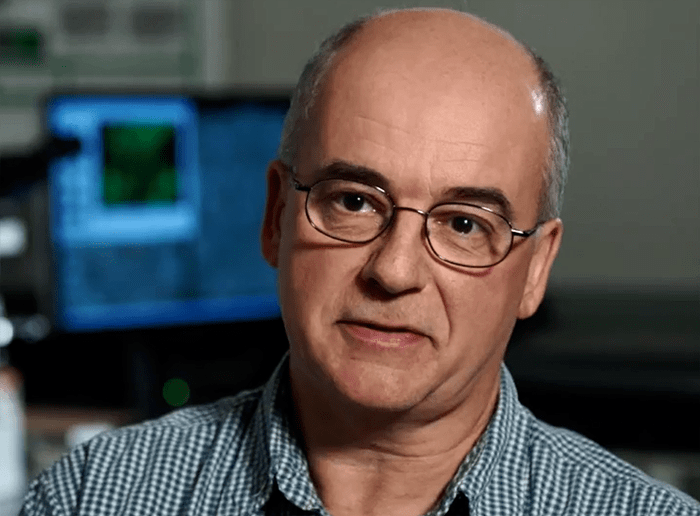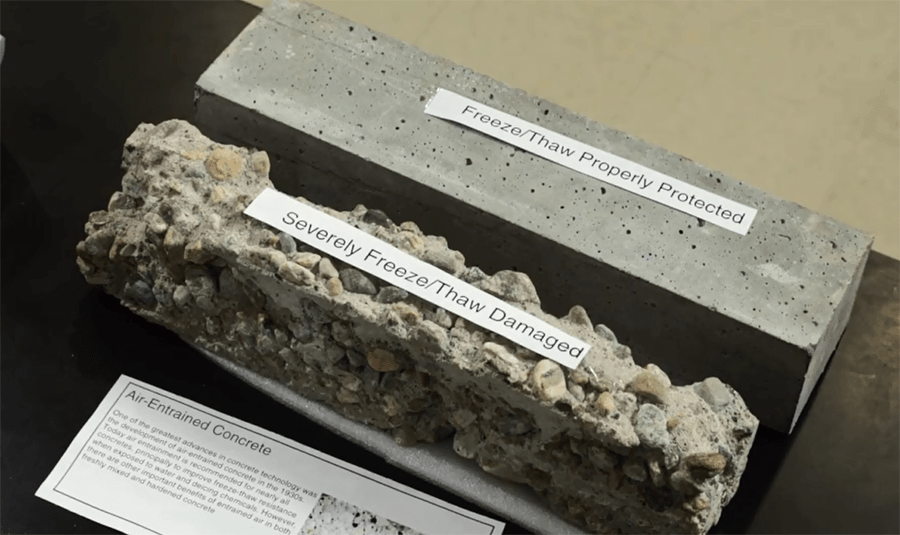
GCP Applied Technologies has some of the world’s premier research and development labs in the industry, offering world-class technical service.
"The fun with this job is that you're given a field problem—concrete or cement—that is not performing the way it's meant to," said Ted Sibbick, a GCP scientist. "By the tools we have, we're able to diagnose the cause of the problem, provide that to a customer and actually say 'The reason your concrete had low strength was this, this… It can be a very simple explanation; it can be a very complex one, as well."
Useful techniques GCP applies to analyze concrete:
- Chromatography
- Microscopy
- Spectroscopy
GCP employs analytical chemistry for making progress on projects. They include:
- Assess the water in concrete
- Analyze the different aggregrates and different components of concrete
- Make a thin section to analyze under microscope
- Hardened air void analysis to see if air content is correct, which is important to prevent freeze/thaw damage

The above sample was air-entrained with a specialized GCP admixture; the bottom was not. Both were subjected to the same freeze/thaw cycles. The damage to the bottom sample is extensive, while the GCP-treated sample remains virtually unphased.
Tags
- Concrete
- Contractor
- Precast producer
- Producer
- Subcontractor